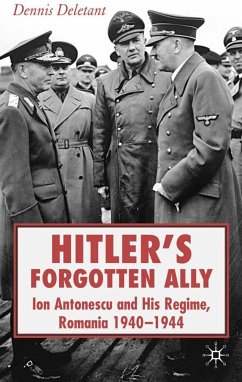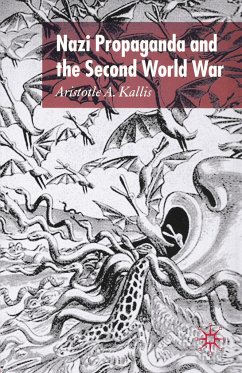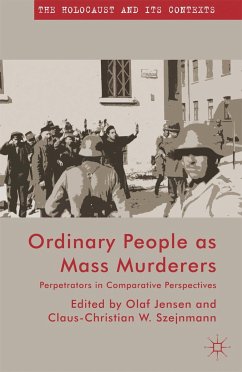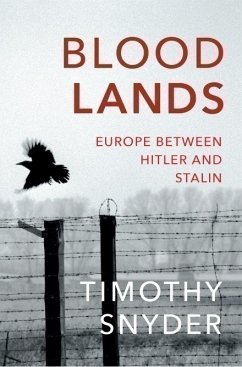
Surviving Hitler's War
Family Life in Germany, 1939-48

PAYBACK Punkte
21 °P sammeln!
This vivid recreation of family life as experienced in Nazi Germany during and after the Second World War tells the stories of mothers and fathers, sons and daughters, parents and children, in their own words. From desperate last letters sent to their loved ones by doomed soldiers at Stalingrad, to diaries kept by women trying to keep their families alive as the cities they lived in were devastated by constant bombing raids, this book presents a new and often unfamiliar account of family life under the most extreme conditions. Far from disintegrating under the strain, as many historians have a...
This vivid recreation of family life as experienced in Nazi Germany during and after the Second World War tells the stories of mothers and fathers, sons and daughters, parents and children, in their own words. From desperate last letters sent to their loved ones by doomed soldiers at Stalingrad, to diaries kept by women trying to keep their families alive as the cities they lived in were devastated by constant bombing raids, this book presents a new and often unfamiliar account of family life under the most extreme conditions. Far from disintegrating under the strain, as many historians have argued, this book shows that the German family maintained and even strengthened the emotional bonds that tied its members together. Entering the war shaped, moulded and directed by the massive pressures brought to bear on it by Nazism's attempt to recast German society in its own image, the German family resisted these pressures and emerged at the end of the war in a new and stronger form, surviving the manifold problems of reunion and readjustment to the postwar, post-Nazi world with a surprising degree of resilience. A vivid account of how the experience of the Second World War affected the family relationships of Germans at the front and at home














